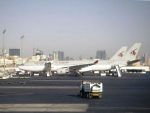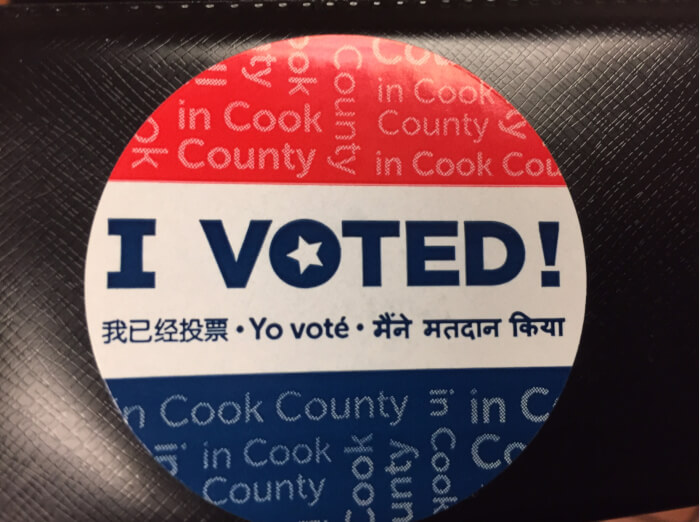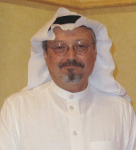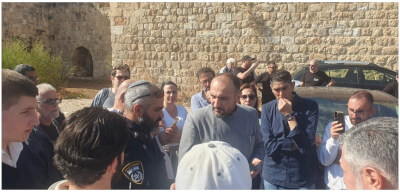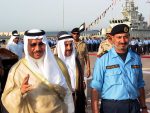All Arabs Must Feel Like Qataris
Qatar’s foreign policy objectives are clear that political realism does not require indifference to political ideals and moral principles.
By Abdennour Toumi
Everybody talks about Qatar and when they do, their conversation centers on the international break-up of diplomatic relations between Saudi Arabia, the UAE, Bahrain, Yemen, Egypt, Libya, Mauritania and the Maldives with Qatar, accusing Doha of supporting terrorism.
The Al-Thani family has ruled the country since the 19th century. Everybody loves Qatar. It has the highest GDP per capita in the world, averaging over $100,000, with a population comparable to the principality of Monaco, and a life expectancy of 78 years.
It seems Qatar’s royal family did not focus like the Grimaldi family on casinos and making their land tax a haven for the world’s bourgeoisie, including the $ Petro-sheikhs, but the al-Thanis knew they were living in a harsh political environment surrounded by wild tigers.
They prepared their defense with a network that changed the region’s post-colonial course (al-Jazeera network), and went on to conquer Europe by investing in the Europeans’ healing dose (football). The country is hosting the 2022 World Cup, it’s the first world soccer event on an Arab land. So Qatar realized that a role among the “bigwigs” of the region would help protect not only its national security but also help to spread its national interests.
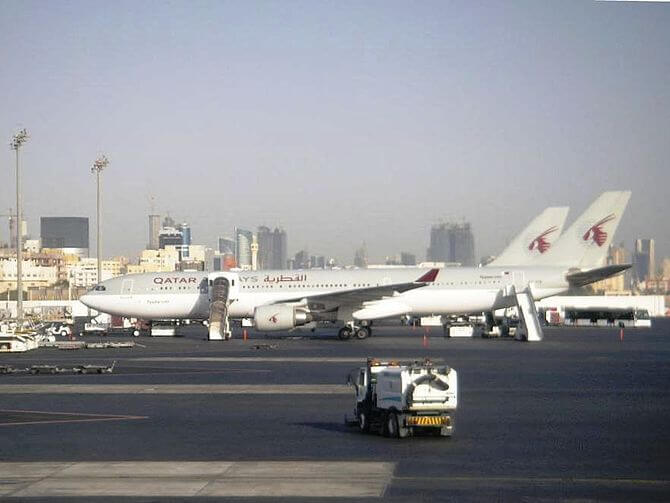
It is involved with a number of other countries (Iraq, Lebanon, Jordan, Palestine (Gaza), Egypt, Sudan, Libya, Tunisia, Morocco and Algeria) — it has woven a solid strategic web with Ankara politically, economically and militarily.
It has become Mecca for western and Arab-qualified man-power to make a killing, and there’s no income tax. Why has this small, former-British protectorate in the Arabian Gulf become a pivotal state in the region? When Sheikh Hamed al-Thani abdicated the throne to his heir, Sheikh Tamin, he and his former Premier and Foreign Policy Minister, Hamed Ben Jassim, joined together in a vision for their country.
Their efforts excelled in changing their country’s social and cultural modes by practicing a consistent “checkbook” diplomacy that is working remarkably well, and attracting efficient investment at home.
Big challenges await the new leader, Emir Tamin, a 38-year-old pragmatist like his father, a graduate of Britain’s Sandhurst Military Academy, and a sports enthusiast (football/soccer). He is already seen in Western capitals as the main driver in positioning Qatar as a global hub. As in Doha, he is the engineer of Qatar’s official foreign policy strategy, though some Arab, Western politicians and analysts have painted him as a pro-Muslim Brotherhood proponent. This is the baton that cut Moa’aweya’s back (an Arabic adage) in the light of the on going diplomatic saga with its neighbors and General al-Sissi.
In international relations power between countries is a source of force, either military or economic, which insures national security and interests, leading progressively to political soft power within the international system, whether regional or sub-regional.
The country’s foreign policy objectives are clear that political realism does not require indifference to political ideals and moral principles. However, it does require a clear distinction between the desirable and the possible; hence the young Emir continues with this paradigm, whose effectiveness has reached a high level of altitude and attitude across the region and on the world stage.
The usage of al-Jazeera network empire as a foreign policy tool and imperative constitutes a prominent presence in the age of continuous information. It represents a fatal element for Doha’s foreign policy by shaping MENA’s political landscape pre-and post the so-called Arabs’ Spring.
This has aroused harsh critics from its neighboring monarchies — and the password in the diplomatic crisis with Riyadh, Abou-Dhabi and Manama. Add to that the Arab left nationalists and the Arab regimes so Cairo, Nouakchott and Sanna joined Riyadh and Abou Dhabi to get on the train. Malé too!
Yet, Qatar is not Luxembourg when it comes to speaking of democracy and real freedom of speech. There is no labor union, nor a real opposition to the ruling family, despite the some prose poetry from Mohammed al-Adjami ben e-Edhib who dared to criticize the royal family.
Doha to those Arab pessimists is just a base of the Pax Americana in the region. Hosting al-Udeïd Airbase is a strategic determinant to contain the Iranian influence and involvement in the region. To the Saudis, the Emiratis and the Bahrainis, Doha has committed an unpardonable sin to build constructive relations with Teheran.
The bottom line, Sheikh Hamed al-Thani’s abdication was indeed a political atomic bomb in the region, where Arab monarchs and “leaders” don’t abdicate or accept the result of the ballot, but rather prefer to fall by a bullet or hanging and are far from resigning, only to the angel of death.
If a tiny country like Qatar can be seen as the motor of the Arabs’ Spring, so be it, and let all Arabs feel like Qataris. Like million of Arabs felt like Tunisians during the Tunisian Jasmine Revolt. Intellectually I never felt proud of my modern “Arabness” until I visited the Education City in Doha, hosting the best universities in the West: its slogans, Think, Learn, and Discover.
Qatar has become a center-State in the Arab World, a concept that is dear to Professor Samir Amin who did not mention Qatar’s role as the new economic pole in the region in his excellent book about the Arabs’ Spring (Monde Arabe: Un Printemps des Peuples?.)
Its neighbors prefer to stay in the periphery, trying to contain any reformist voice domestically, as well as the former Arab lightening house countries of the 70’s like Algeria left in their own sociopolitical stagnation.
Some Arab and Muslim academicians, journalists and intellectuals in Algiers, Paris, Washington and Ankara with whom I spoke are heartbroken and ashamed of what is happening in the so-called Arab world; so Arabs in the Middle East and the Maghreb are glad Qatar is challenging its neighbors, and doesn’t have an arrogant elite to intellectualize and a political clique to hypnotize, but gets a family clan to democratize.


- The Israeli-Palestinian Conflict: Is the Neither-Peace-nor-Security As-sumption Dominating Again? - June 7, 2021
- Algeria: “I Can See Clearly Now” - August 5, 2019
- Majesty Mohammed VI and General Gaïd Salah Tear Down This Wall! - July 29, 2019













